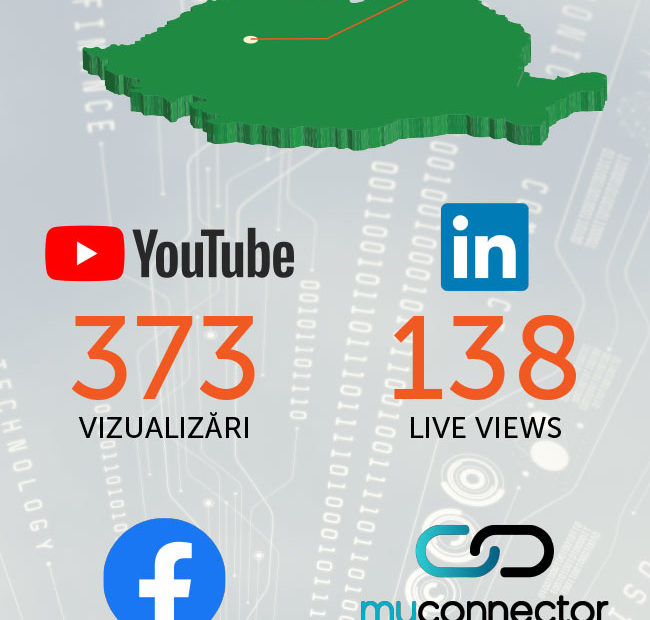ABB makes available to its customers energy-efficient equipment using various sources of generation. “We are running this year the Energy Efficiency Movement campaign, a campaign closely linked to the changes in energy efficiency, especially through our Motion products – and here I am talking about the Ecodesign Directive,” said Mihai Priboianu, product Manager, ABB Romania, at the conference “Digitalization and Energy Efficiency – Cluj- Napoca”, organized by Energynomics.
Energy efficiency is not a new issue, but it is a solution, given the pressure to reduce carbon emissions. “One solution is to use frequency converters along with ABB’s energy-efficient engines to effectively control electric drives and increase energy efficiency”, Mihai Priboianu said.
“It is clear that the implications are financial, operational and in connection to environmental protection. Energy efficiency brings many more benefits than the simple savings derived from optimizing consumption. Emissions are reduced, the efficient energy distribution is made, and the macroeconomic impact is obvious: productivity increases, employees have a much higher level of occupational safety and even the standard of living increases. Some studies expand the range of benefits and do not limit it only to pure savings. As a motivating element, energy efficiency means, for a CFO (Chief Financial Officer), higher profitability and higher return on investment. For a plant manager, it means less expensive maintenance, a much faster intervention, assumed, based on measurements. A purchasing manager is motivated to use energy-efficient solutions in terms of consumption to reduce the risk associated with price volatility. In the end, employees can work in a safer environment and can be motivated at the cultural level of the organization ”.
Most of the lifetime costs of engines and converters are reflected in electricity consumption. The additional purchase price for an ABB efficient engine or frequency converter is only a small part compared to the cost of energy consumed for the equipment to operate over its entire life. The savings in electricity consumption by using efficient electric motors and ABB frequency converters mean that these investments will be recovered in 1-3 years; in some special cases the ROI (the return on investment) is about several months, said Priboianu.
DOWNLOAD THE PRESENTATION OF MIHAI PRIBOIANU
In addition, as of 1 July, the new provisions of the Ecodesign Directive, with new performance and efficiency standards for engines, IE3, enter into force. “We at ABB have gone further and have already developed engines that have an IE 5 efficiency class. The Directive now requires IE3, and in the next two years, it will be IE4. We already provide ultra-premium efficient engines with non-permanent magnets and 40% fewer losses than IE3 class engines. They are more efficient, they work longer, based on winding temperatures 30% lower and bearings temperature 15% lower. All this increases reliability and productive lifetime,” Priboianu added.

The conference “Digitalization and Energy Efficiency – Cluj-Napoca” was organized by Energynomics, with the support of our partners ABB, Cargus, Claritech, CREESC, Eaton, Enel X Romania, EnergoBit, Kawasaki Gas Turbines Europe, Photomate, Renovatio, Sensible, Wiren.
More than 220 people registered on the MyConnector platform to participate in the dialogue.
